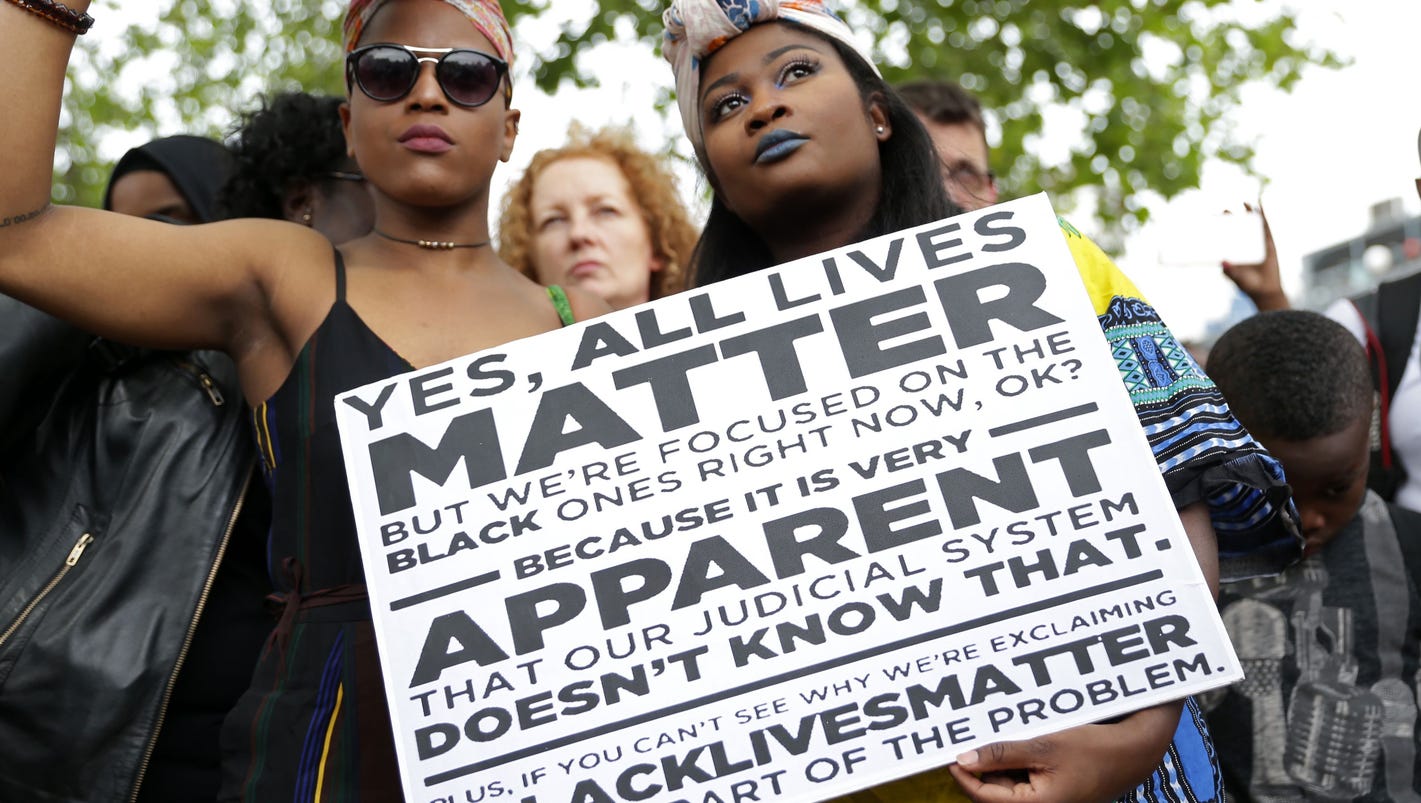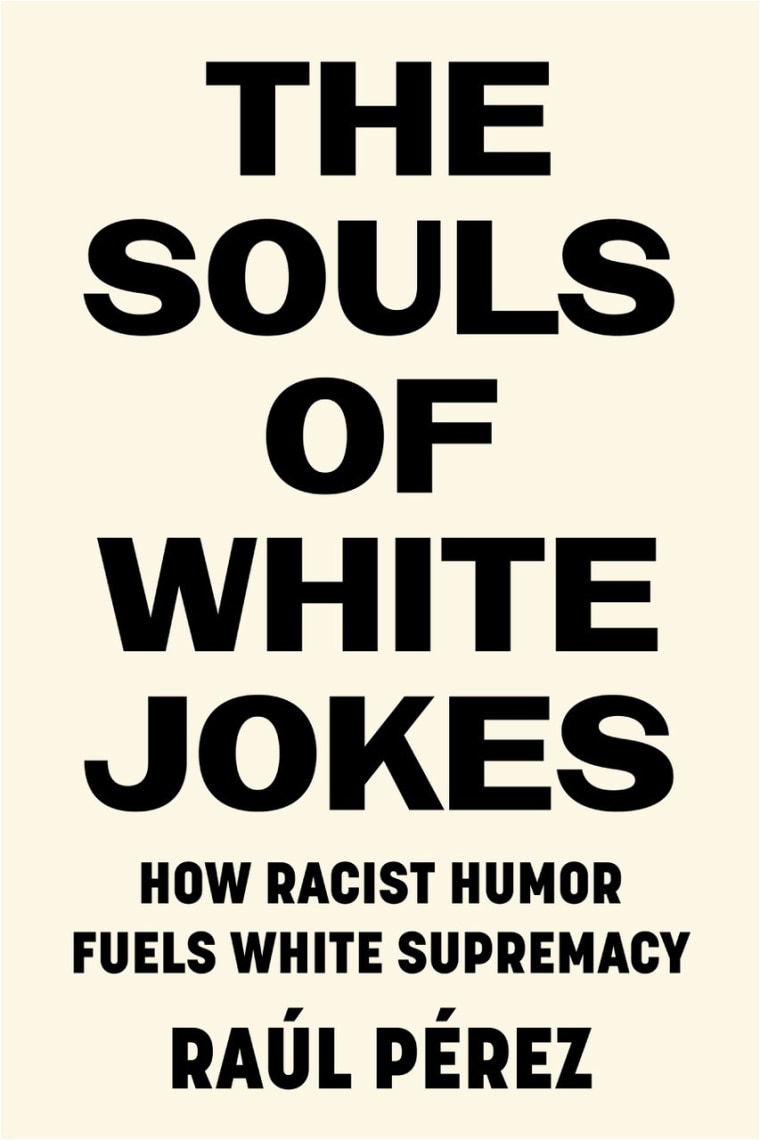Racist dark jokes have long been a contentious topic in society, sparking debates about humor, boundaries, and cultural sensitivity. These jokes often blur the line between humor and offense, leaving many questioning their appropriateness and implications. In a world increasingly focused on inclusivity and diversity, understanding the role of these jokes is crucial.
Humor plays a significant role in human interaction, serving as a tool for connection, relief, and even social commentary. However, when humor crosses into territory that perpetuates stereotypes or marginalizes certain groups, it can have serious consequences. Exploring the context and impact of racist dark jokes is essential to fostering meaningful conversations about cultural sensitivity.
This article delves into the complexities surrounding racist dark jokes, examining their origins, societal implications, and the ethical considerations involved. By understanding the nuances of this controversial form of humor, we can work toward a more informed and empathetic approach to communication.
Read also:Bamyan Kabobs A Culinary Journey Through Flavorful Afghan Cuisine
Table of Contents
- What Are Racist Dark Jokes?
- Historical Context of Racist Humor
- The Psychology of Dark Humor
- Impact on Society and Cultural Sensitivity
- Ethical Considerations in Humor
- Legal Ramifications of Offensive Jokes
- Alternatives to Dark Humor
- Media Representation of Racist Dark Jokes
- Audience Perspective and Reactions
- Conclusion
What Are Racist Dark Jokes?
Racist dark jokes refer to a category of humor that incorporates offensive or derogatory content targeting specific ethnic groups, races, or cultures. These jokes often rely on stereotypes and can perpetuate harmful narratives. While some argue that they serve as a form of social commentary or coping mechanism, others believe they contribute to systemic discrimination and prejudice.
Characteristics of Racist Dark Jokes
These jokes typically involve:
- Exaggerated stereotypes about specific racial or ethnic groups.
- Insensitive references to historical injustices or cultural practices.
- Content that may alienate or offend individuals from marginalized communities.
Historical Context of Racist Humor
The roots of racist humor can be traced back to historical periods marked by social inequality and racial tension. Minstrel shows, for example, were a form of entertainment in the 19th century that relied heavily on racial caricatures. Understanding this history is crucial to recognizing the lasting impact of such humor on modern society.
Evolution of Racist Humor Over Time
While societal norms have evolved, some forms of racist humor persist, often disguised as satire or irony. This evolution highlights the ongoing struggle to balance free expression with cultural sensitivity.
The Psychology of Dark Humor
Dark humor, including racist jokes, taps into the psychological need to confront uncomfortable truths or taboo subjects. Research suggests that individuals who appreciate dark humor may possess a higher tolerance for discomfort and ambiguity. However, the appropriateness of such humor varies widely depending on context and audience.
Read also:Financing A Funeral In Bellevue Comprehensive Guide To Planning And Funding
Why Do People Find Dark Humor Funny?
Some reasons include:
- It challenges societal norms and expectations.
- It provides a coping mechanism for difficult topics.
- It fosters a sense of exclusivity among those who "get" the joke.
Impact on Society and Cultural Sensitivity
Racist dark jokes can have significant implications for societal cohesion and cultural sensitivity. They may reinforce existing prejudices, alienate marginalized groups, and hinder efforts toward inclusivity. On the other hand, when used responsibly, humor can serve as a tool for bridging divides and sparking meaningful dialogue.
Cultural Sensitivity in Humor
Being culturally sensitive involves recognizing the potential impact of humor on different audiences. It requires empathy, awareness, and a willingness to listen to diverse perspectives.
Ethical Considerations in Humor
Humor carries ethical responsibilities, especially when it involves sensitive topics like race and ethnicity. Responsible humorists must weigh the potential benefits against the risks of offending or alienating others. This balance is particularly important in public forums and media platforms.
Guidelines for Ethical Humor
- Consider the audience and their cultural background.
- Avoid perpetuating harmful stereotypes or narratives.
- Use humor as a tool for positive social change rather than division.
Legal Ramifications of Offensive Jokes
In some jurisdictions, racist dark jokes may have legal consequences, especially if they promote hate speech or incite violence. Laws governing freedom of expression vary by country, but many emphasize the importance of balancing individual rights with societal well-being.
Examples of Legal Cases Involving Offensive Humor
Several high-profile cases highlight the potential legal pitfalls of racist humor. These cases underscore the need for caution when engaging in potentially offensive forms of expression.
Alternatives to Dark Humor
For those seeking to engage in humor that avoids offensive content, several alternatives exist. Positive humor, satire, and irony can all be effective tools for social commentary without crossing into harmful territory. Encouraging creativity and empathy in humor can lead to more inclusive and constructive interactions.
Types of Positive Humor
- Self-deprecating humor that focuses on personal experiences rather than others.
- Satirical commentary that critiques societal issues without targeting specific groups.
- Playful banter that fosters connection and camaraderie.
Media Representation of Racist Dark Jokes
The media plays a crucial role in shaping public perceptions of humor. When media outlets promote racist dark jokes, they can inadvertently reinforce harmful stereotypes and normalize offensive behavior. Conversely, responsible media coverage can highlight the dangers of such humor and encourage more thoughtful approaches.
The Role of Social Media
Social media platforms amplify the reach and impact of racist dark jokes, making it essential for users to critically evaluate the content they consume and share. Platforms must also take responsibility for moderating harmful content and promoting positive interactions.
Audience Perspective and Reactions
Audience reactions to racist dark jokes vary widely, influenced by factors such as cultural background, personal experiences, and societal norms. While some may find these jokes offensive, others may view them as harmless or even educational. Understanding these diverse perspectives is key to fostering respectful dialogue.
How to Respond to Offensive Humor
When encountering racist dark jokes, individuals can choose from several responses:
- Engage in constructive conversation to challenge the joke's premise.
- Ignore the joke to avoid perpetuating its impact.
- Report the joke to appropriate authorities or platforms if it violates guidelines.
Conclusion
Racist dark jokes remain a complex and controversial topic in today's society. While they may serve as a form of social commentary or coping mechanism for some, they often perpetuate harmful stereotypes and alienate marginalized communities. By understanding the historical, psychological, and societal implications of such humor, we can work toward more inclusive and empathetic forms of expression.
We encourage readers to reflect on their own perspectives and engage in respectful dialogue about the role of humor in society. Share your thoughts in the comments below, and consider exploring other articles on our site that delve into related topics. Together, we can foster a more informed and compassionate approach to communication.



